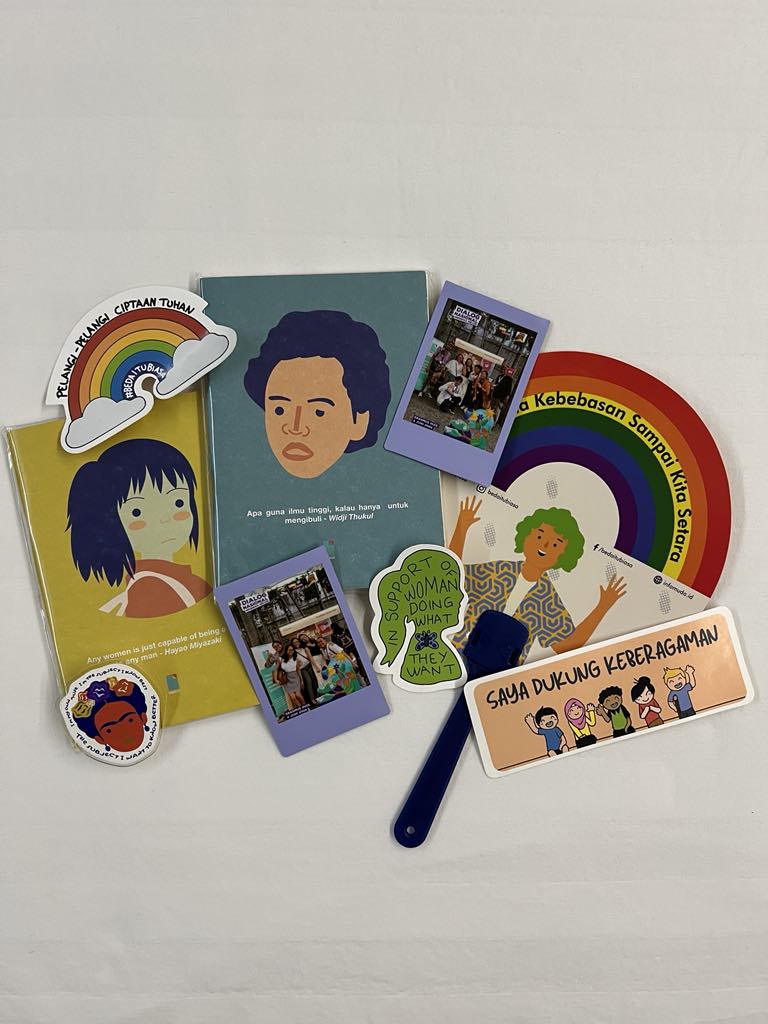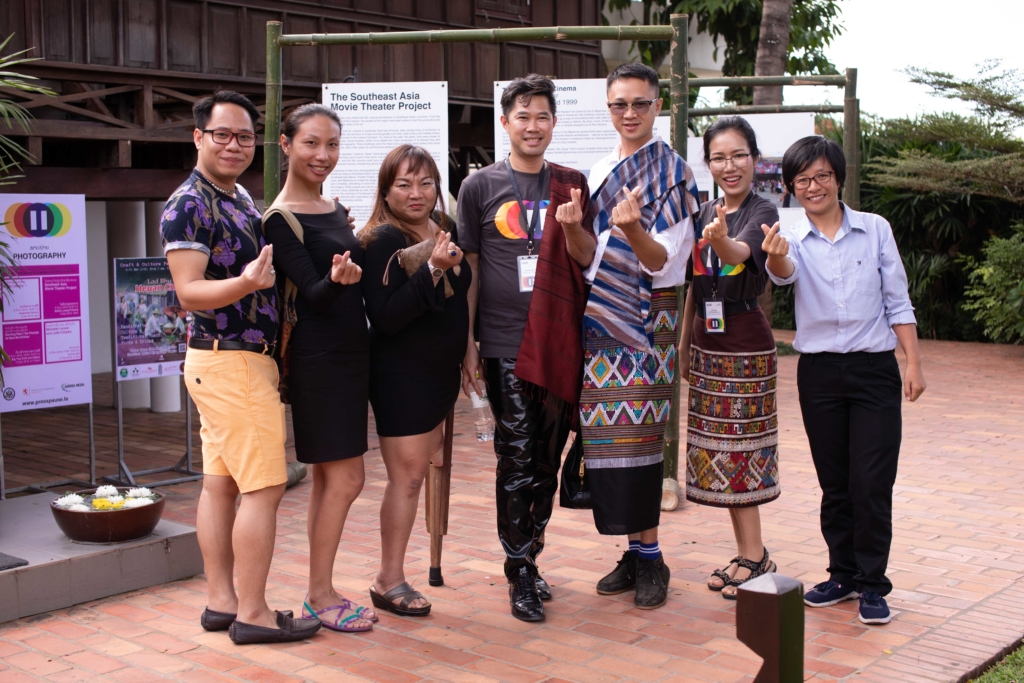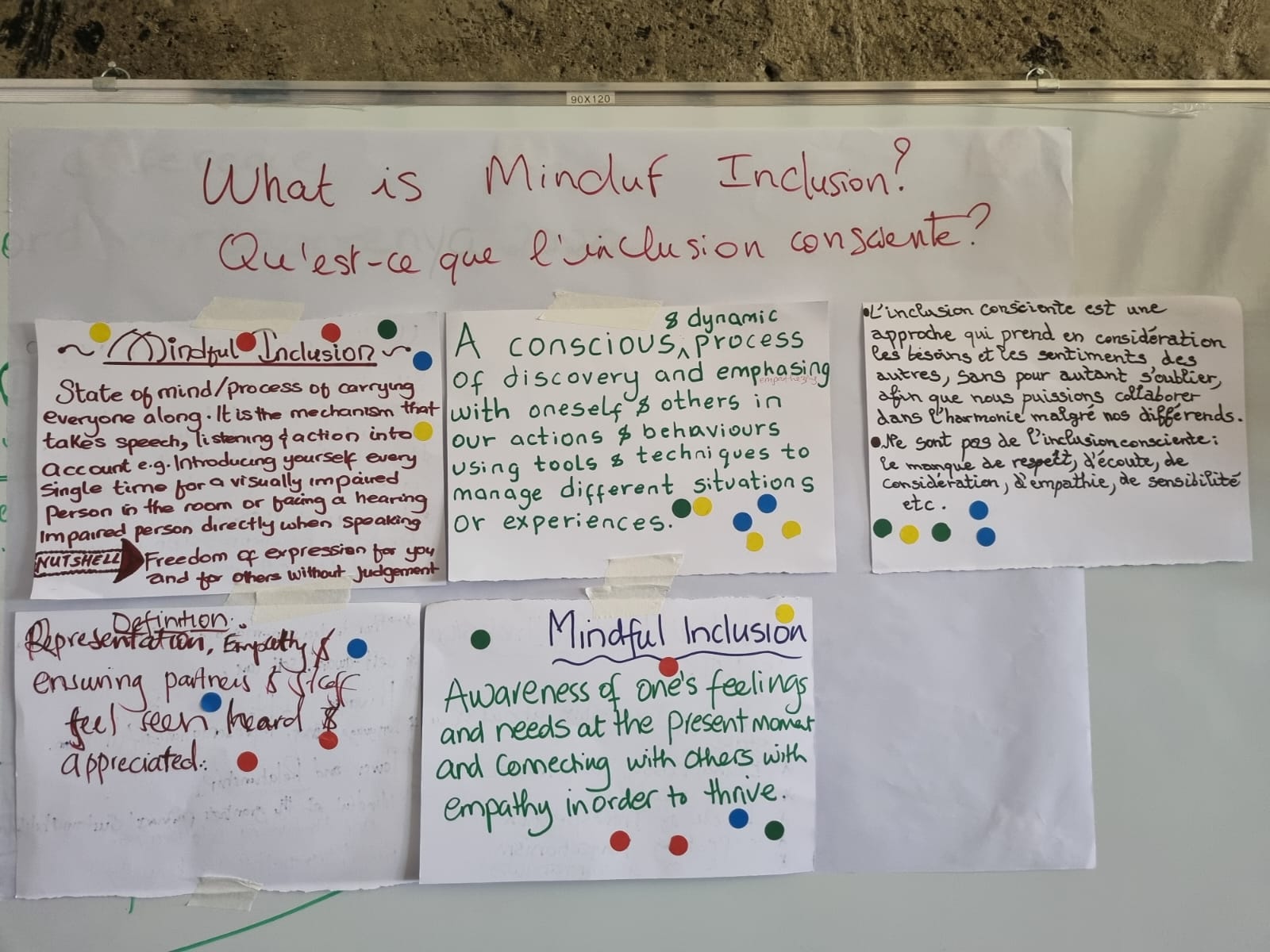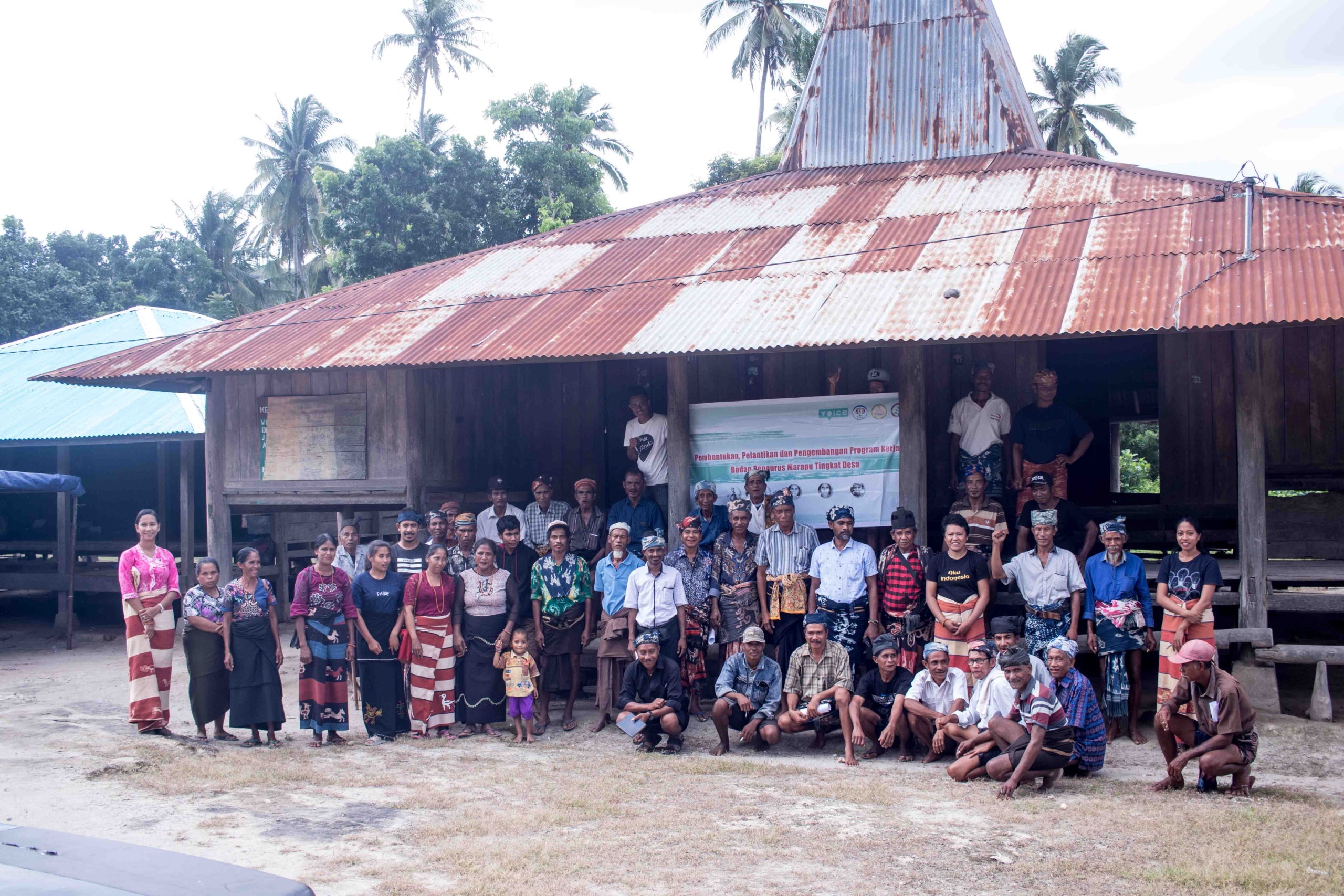Rising above Stigma, Discrimination and Marginalization to declare, ‘YES I CAN’
Discrimination and the denial of the enjoyment of basic human rights of marginalized groups such as Transwomen, Sex-workers and Street-children dehumanizes them. Stigma comes in different forms and affects different groups of people differently, yet it equally affects the quality of life by denying access to services, locking the affected persons from economic opportunities and social status. ‘Yes I Can’ program seeks to reverse this trend through improving access to basic services and improving the economic and social status of such groups. The program works through collaboration with accredited experts in the private sector who support capacity building activities by offering monitoring of activities. The program focuses on educational programs leading to practical skills that match the needs of the community and the market in order to increase the competitiveness of the individuals.
Atma Jaya teaches us to humanize humans through the ‘Yes, I Can’ program.
The term, ‘transwoman’ has been used to alienate and render outcast those who are different and are deemed not to have a place in social life. Transwomen had experienced harassment and marginalization until the setting up of the salon named Salon Sang Ratu or Queen salon at Atma Jaya University. The Salon brought significant changes to the entire campus residents such as students, officers and lecturers. At the salon the transwomen are accepted as human beings and a part of the community, they are welcomed and treated as they should be. The university played a huge role in creating the atmosphere where the transwomen are treated humanely. The university held open meetings with stakeholders and during these meetings it was emphasized that each individual was entitled to respect and had right to be respected and reciprocate with respect.
Angelina, one of the workers at Salon Sang Ratu mentioned that, “the Atma Jaya University is very open and welcome to us (the transwoman) especially the students. They often go to the salon for treatment”. Angelina hopes the salon can sustain for a long time after the Covid-19 pandemic ends.
Street children are another marginalized group and they suffer low self-esteem, lack of confidence and suffer from self-doubt. Life in the street does not equip one with job-seeking skills resulting in street children easily getting scammed from job interviews. Such was the predicament faced by Khoirun Nisa. She had studied at SMK majoring in accounting but her passion was baking and making pastries. She landed a professional scholarship training majoring in Food Production but she lacked the skills and competency to enter the workforce until one of the trainers motivated her by assuring her that she was capable. Chef Udhan, a lecturer at Sahid Univeristy and former chef at Borobudur Hotel stated that, Khoirun Nisa always attended meetings punctually and carefully took notes. She was noted to be very enthusiastic and eager to learn. At the end of the training process, she stood out as the most outstanding among the other participants. After the training and internship, Khoirun Nisa found work in one of pastry shops in South Jakarta. By this time a transformed Khoirun Nisa could say,
“As long as you believe in yourself, do not let others ruin your confidence. Yes, you can”
Ikana’s story is an inspirational one. She describes herself as an individual sex worker turning the tide of stigma to excel. Ikana secured a professional training scholarship and trained at PKBI (Indonesian Family Planning Association) Jakarta which focuses on developing comprehensive and integrated reproductive health services, developing information centers, education, rights-based counseling and gender perspective where she majored in nursing (non-medic). Looking back at her days as a sex-worker she acknowledges that sex-work has challenges and asserts that she firmly believes that sex work is not a despicable job and that through the work sex-workers are able to support their families and, especially children, to pursue higher education.
People who come to consult are diverse, so it is important not to be judgmental and always empathize.
“At first, I didn’t know about HIV/AIDS, I was afraid to face PLWHA (People Live With HIV/AIDS). However, I learned and asked a lot of questions from doctors as well as held discussions with them. I feel if I don’t love them, who will?”
‘Yes, I Can’ project also answered various problems that occurred in unsuccessful Vocational Trainings that are organized by Ministry of Social Affairs. This project is capable to provide reflective training, assessment, and conducting mentoring so that this program can be achieved according to the target participants and change their lives into a better life, improving the economy.








